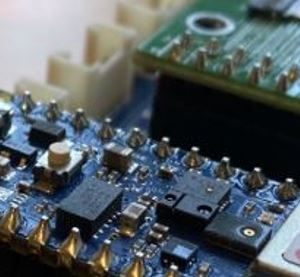This course provides an introduction to the application of machine learning in resource-constrained environments. The course includes lectures, seminars and laboratory sessions. Students learn to train, deploy and evaluate machine learning models on microcontrollers. Key topics include:
- Overview of machine learning and deep learning.
- Overview of embedded systems.
- TinyML for embedded machine learning: concepts, development environments and applications.
- Final project: Students implement and demonstrate a TinyML application.
After passing the course, the student should be able to:
1. Clarify the basic principles of machine learning and their implementation with embedded systems, with the aim of understanding how machine learning can be integrated into mechatronic products.
2. Understand the limitations and challenges of implementing machine learning on microcontrollers, in order to assess the suitability of the technology for specific mechatronic products.
3. Be able to use modern integrated development environments to train basic machine learning models and implement them on microcontrollers, in order to be able to apply the latest technologies in the development of mechatronic products.
4. Be able to evaluate the performance of embedded machine learning models, in order to ensure the satisfactory implementation of the technology.
